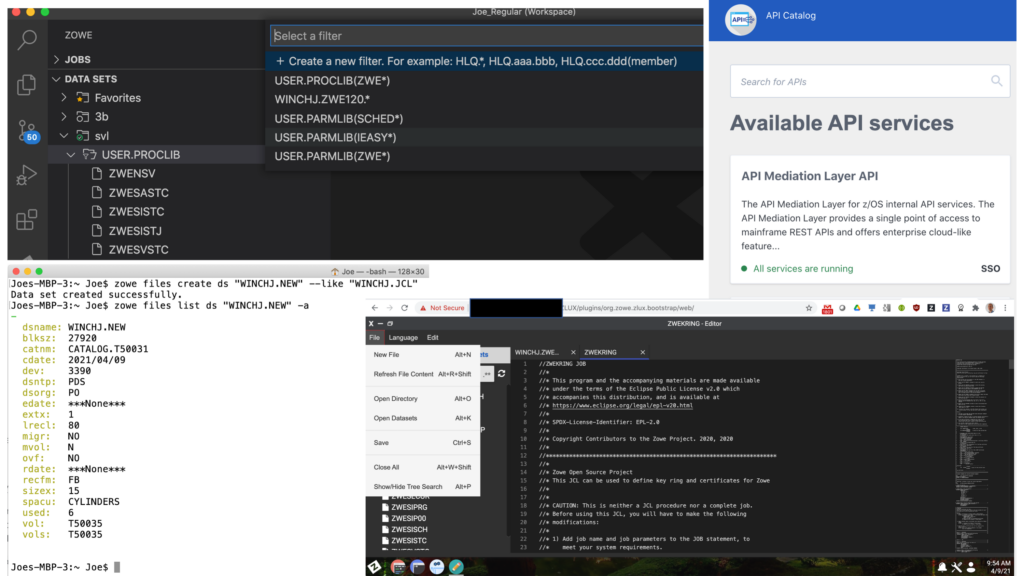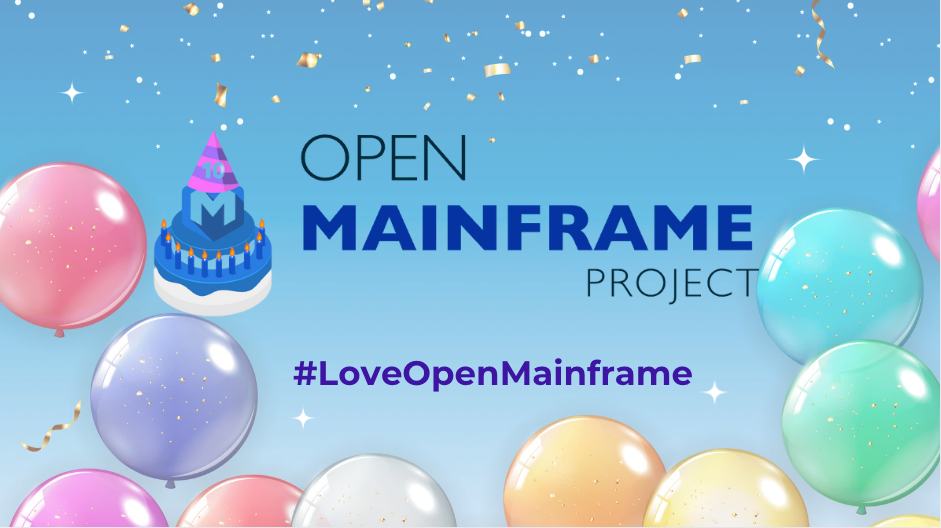<
Learn more about Zowe by visiting https://www.zowe.org/.

Mainframe Coven: Pam Taylor

Looking Ahead: Open Mainframe’s Impact at SHARE, TechXchange, and GS UK 2025

Mentorship Series: Automating Mainframe Modernization Using AI Agents to Reduce Costs by A.Vijay Aditya

Mentorship Series: Mainframe Modernization through Zowe and the Power of Go SDK by Ojus Chugh
Mainframe Open Education August SUG: Meet Nishka Sardar
